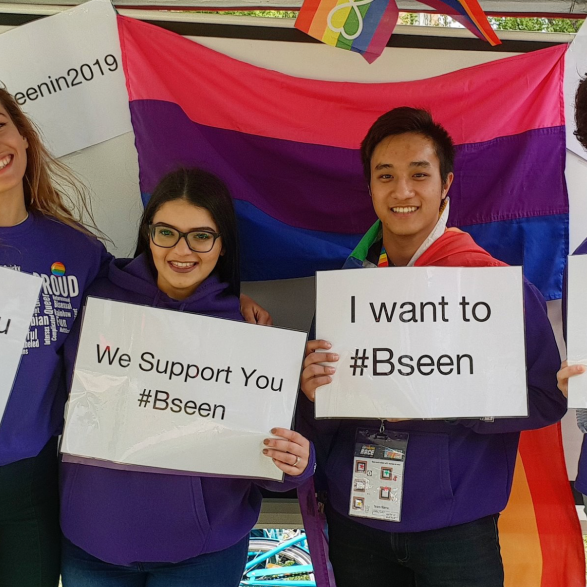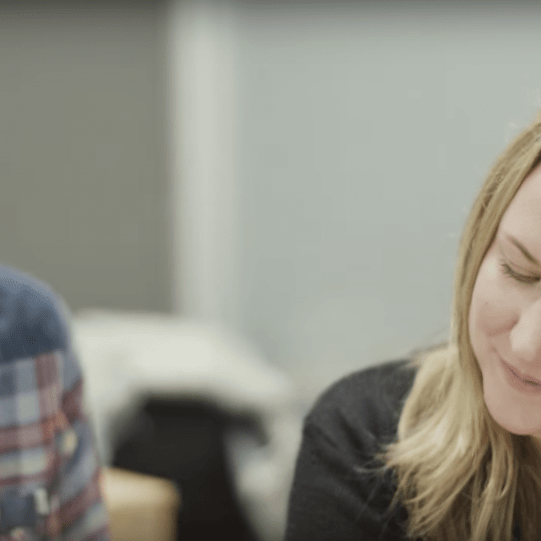 Can your brain do yoga? We want more out of yoga practice with its growing availability and popularity. Individual attention, the opportunity to learn about ourselves, as well as physical activity/relaxation.
Can your brain do yoga? We want more out of yoga practice with its growing availability and popularity. Individual attention, the opportunity to learn about ourselves, as well as physical activity/relaxation.
We want to understand how it works!
It is now better understood that whilst yoga (the word actually means a feeling of not being separate) can be a very physical practice, it is an activity where you work with the MIND as much or more than the body. The way yoga has evolved and is now offered means we are often left to find the connections ourselves. There IS buried meaning in the clichéd memes embedded in yoga language. But how do we connect this to moving the body, healthy physical and mental challenge and fit it all into life?
Mental Health is one of the growing concerns of our times. Figures show that the mental health of LGBTQI people is among the poorest in Australia. Sadly ‘lesbian, gay and bisexual Australians are twice as likely to have psychological distress as their heterosexual peers’ (Beyond Blue*). For a variety of reasons, LGBTQI people are especially vulnerable to mental health issues.
For some people, Western medicine and clinical treatment are helpful and necessary but they don’t always provide a workable solution for everyone. Mental Health Services now wholeheartedly endorse lifestyle supports as an adjunct therapy. Massage, body-based work, mindfulness and opportunities for social interaction…including yoga classes.
Yoga makes us feel better but it tends to be fairly elusive when we ask why? We know yoga is beneficial for the health of the mind, and with this, in mind (no pun here) increasing numbers of people are seeking out alternative ways to approach mental health challenges. Yoga provides a very good answer and has no side effects!
Some people choose to practice outside of a group. It doesn’t suit all of us. AND individually applied practices become more powerful and personally meaningful. To your muscles and your mind. In fact, yoga originally was taught teacher to student, like today’s private yoga classes rather than in a group. This effectively addresses your individuals needs.
In its myriad incarnations, yoga is about how to apply different practices to manage the health of the mind. Yoga says with a healthy mind we flourish. It is true that this is not the same for everyone, but yoga asks you to consider this possibility: Mental Health is more. It is more than the old concept of simply being ‘not sick’.
If we are talking about the health of our minds, then what is the mind?
We might say the brain, a thinking/choosing/discerning capacity that we have or we might think of how intelligent we are considered to be. In neurobiology, ‘the mind is a byproduct of physicochemical processes including thought process, emotions, intelligence and awareness [sic].’ (Indian Journal of Psychiatry, Jan 2013).
Yoga has a few views. As above, all say the mind has different aspects.
Intelligence, ego, thought, memory, emotion, sensing and perception, spirit or being, conscious, unconscious, subconscious, super-conscious, enlightened to name a few.
When the mind feels shattered, racing or just not good you can address this with different methods to work with a certain aspect of the mind. Therefore ANYONE can do yoga. It doesn’t require colourful leggings, a bendy body, a lean body, and any specific body actually or even a yoga mat. It is a practice where we try to access the mind. Often through the body, but not always.
There are many different concepts in the teachings of yoga. Here are a few to consider from a text called The Yoga Sutra.
Niyama is a group of 5 practices regarding how you relate to yourself. Pretty important right? You would get to know a friend over time really well. Why not yourself? Niyama includes; (1) Santosha, trying to be happy/content with what you have right now. Basically, you practice feeling satisfied rather than focusing on what you don’t have, wanting more and feeling unfulfilled lots of the time. AND sometimes it’s ok to feel a bit crap. REALLY!
Then perhaps more simply, clean out your stuff. Clean your body. This is (2) Saucha. Mental and physical clutter takes up space. With less space, you feel cramped. The body can do its job more effectively if it is clean and cared for….you only have one after all. There is (3) tapas, the concept that working hard, and having a sense of enthusiasm in your efforts develops dedication. Tapas is described as feeling the heat of intense desire that draws more out of you and helps you go beyond your perceived limits.
Asking questions is important. How otherwise would you draw meaning out of stuff? Would you simply take someone’s word? If it didn’t suit you, most likely not. If it did, you might, but would possibly be led to ask why it’s a good thing. This is part of life.
Getting the experience you need to understand stuff better and as a result, feel personally aligned with what you are doing because you CHOOSE to do it. Not because it has no meaning to you and someone told you to do it or society tells you to do it. This is (4) Swadhyaya or self-study. It is described as an inquiry into the nature of things and yourself. Ask questions…get answers. It is simply not enough to follow blindly. In a modern mental health context, this might be seeing a therapist as a way to get to understand your emotions better or finding out all you can about different therapies, dietary ideas, medications or searching for support as you recover.
Swadhyaya is also seeking inspiration from others who represent something important to you. Like finding a yoga teacher or personal mentor. It could be CONSCIOUSLY choosing a book or movie that inspires you. Perhaps the story of a female pioneer* who championed wearing traditional men’s clothing that resulted in a wave of liberation for women everywhere. Movies like the Dallas Buyers Club, or Bill Cunningham’s New York are great examples of the lives of people who inspire us with compassion, bravery, and sensitivity.
Who faced challenges or changed the world. Swadhyaya as with all the yoga practices is bedded in the desire to uplift not just yourself but others too.
(5) Ishwarapranidhana means to embrace the possibility that there is more to this whole life-equation than just you. It asks us to cultivate a desire to see greatness in the world, all people and all things. Some people call this ‘God’. Start with something meaningful/relatable to you. That speaks to you. Whatever you label it. In the process, you get a great opportunity to get out of yourself. By thinking about them/it/god/greatness you forget your own life problems and pressures for a minute. It frees you. Go hang out in nature to get a taste of this.
These yoga principles have a direct link to what we understand today as wellbeing and a positive attitude of mind in life. MENTAL HEALTH!
All of this is contained the practices of yoga and today we are able to access yoga almost anywhere. Yoga is an embodied way of relating to ourselves as well as others. Yoga IS mental health. It invites us to cultivate a special relationship with ourselves but also a special relationship to something greater. Something outside of us, that lifts us out of the minutia of mundane life.
The ultimate goal is to feel better. First to become ‘not sick’ and then also somehow uplifted. To feel a part of life! The cherry on the top, the penultimate, is to wish that same ‘feel better’ to other beings all over the humongous world.
When they love you, when they judge you, when they don’t pay you or when they grate you. Even when they don’t support gay marriage.
The Mind and Movement are running a 10-week course on Yama and Niyama: An exploration of Yoga ethics & daily life.
This course will look at the yoga practices on the mat and how these things can help us every day when we are not doing the physical part of yoga. It is open to all, teachers and students of yoga alike, beginners and experienced practitioners.
Sarah teaches yoga sensitive to the needs of those with mental health challenges. She recently opened ’The Mind and Movement Centre’ in Redfern, where the yoga practice is offered in a way that supports people with an experience of living with these needs. The Mind and Movement Centre believes cultivating mental health is more than a one-person equation. It includes mental health workers, health professionals, carers, family members/partners, therapists and yoga teachers. Mental Health is an issue for everyone. It doesn’t discriminate. Broadly a whole community can learn more and support people’s different experiences to reduce stigma and increase understanding.
The Mind and Movement Centre offers understanding, resources, information and a safe class environment.
The yoga practice is seen as cultivating a healthy relationship to what and how we feel, and in turn how we live life, so ANYONE can do it.
Beyond Blue* works toward achieving an Australian community that understands depression and anxiety and empowers all Australians, at any life stage, to seek help.
Through a public health approach, which focuses on improving the health of the whole population, across the whole lifespan Beyond Blue tailors approaches when working with specific population groups.
• https://www.beyondblue.org.au/resources/for-me/lesbian-gay-bi-trans-and-intersex-lgbti-people
• Indian Journal Of Psychiatry – http://www.ncbi.nlm.nih.gov/pmc/articles/PMC3705680/


